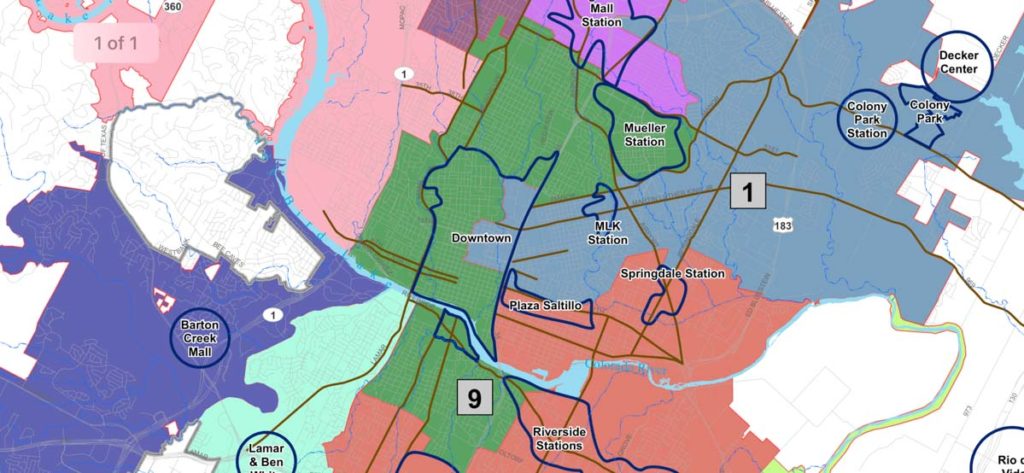The Austin City Council has made many mistakes since repealing the camping ban in 2019. The blanket repeal lead to the predictable capitulation of Austin’s shared public spaces, parks, and peoples’ back yards to disorder, crime, and environmental pollution. But the most damaging aspect of the change came from the glaring failure in leadership by Council of specifically exempting its own place of business, City Hall, from the effects of its decision.
With the passage of Proposition B and the search for a place to put a permanent campsite in each council district, Austin City Council has a prime opportunity to take a leadership stand and designate City Hall as Austin’s first permanent campsite.
The City Hall property is the front door to Austin and the perfect place to showcase progress made on ending homelessness. Although the property is only one city block with City Hall in the middle, City Hall still has open, safe outdoor space to establish a reasonably-sized permanent campsite. By installing outdoor restrooms, a shower trailer trailer, picnic tables, and other essential facilities that a permanent campsite should have, Council can build, test, demonstrate, and showcase to Austinites as well as other American cities facing the same homelessness crisis innovative solutions for solving the problem.
Designating City Hall as a permanent campsite will ensure that this issue receives the attention it deserves. It is no surprise that practically zero progress was made, despite the countless millions of dollars spent by Council on this issue, in reducing the number of unhoused people in Austin. The issue was out of sight and out of mind away from City Hall. With the issue literally outside their front window, it cannot be ignored.

Furthermore, City Hall is in council district 9, an area of town where there are no obvious locations to put a permanent campsite. District 9 includes the University of Texas and tens of thousands of students who live around it, hospitals, the South Congress and 1st Street areas, and Lady Bird Lake. Although the residential areas around the University of Texas voted to continue to allow camping in public places, designating land amidst student housing as a permanent campsite will probably not happen. One alternate location for a permanent campsite could be an undeveloped tract in the Mueller District, whose precinct 135 voters overwhelmingly voted by a margin of 66% to 33% in favor of allowing camping. But short of agreement by the Mueller residents or their neighbors in Cherrywood to construct an additional campsite for District 9, City Hall should be a leading candidate for a permanent campsite.
By designating the City Hall property as the Austin’s first permanent campsite, the Austin City Council can take a strong YIMBY leadership stance on this important issue and showcase a solution for the rest of Austin and the country to emulate.
